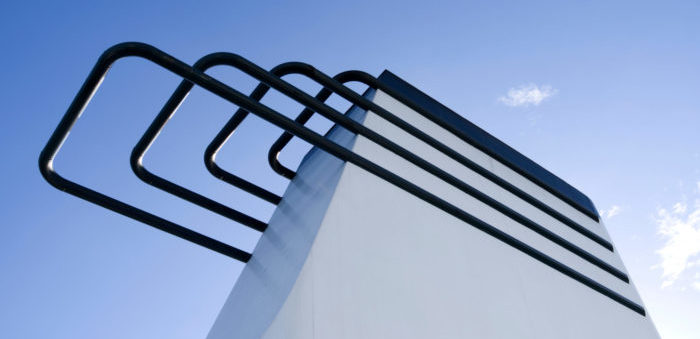Although there is no formal limitation or ban on the discharge of scrubber wash-water, environmental authorities in Turkey may fine the ship if the samples collected from the overboard discharge line are suspected to be pollutant, the Standard P&I Club warned.
According to a circular from the club’s local correspondent Omur Marine, article 8 of the environment code describes the pollution prohibition as follows:
‘It is prohibited, to introduce into, store in, transport to or remove from the receptor area any discharge or waste in such a way as to inflict damage on the environment or in a way directly or indirectly in contradiction with the standards and methods specified in the applicable regulations, or to engage in similar activities.’
Although the text mentions that the residue or poured material must have an effect inflicting damage on the environment, the authorities widely interpret the term of pollutant.
It is therefore recommended that all overboard discharge valves are shut and secured/sealed in closed position whilst the ships are in Turkish waters either at anchor or adrift, waiting for passage through the Straits,
…the insurer advised.
Following global enforcement of the IMO 2020 sulphur cap in January, Turkey updated its pollution fines for the year 2020.
The fines are in four categories: A, B, C and D:
- Category A: Pollution from tankers discharging petroleum products and derivatives (raw petroleum, fuel oil, bilge, oil mud, refined product oil waste etc.)
- Category B: Pollution from dirty ballast discharged to sea by tankers
- Category C: Pollution from ships and other sea vehicles that release petroleum/ petroleum derivatives (bilge, oil mud, freight mud, fuel oil, oil waste or dirty ballast, etc.)
- Category D: Pollution from garbage and sewage discharged to sea by ships, tankers or other sea vessels.

































































